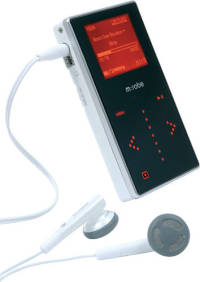While most people I’ve talked to agree with my that the ohloh.net‘s kudo rankings seem more or less random, I didn’t post about this on their site until today when I found such a blatant example of weirdness that I couldn’t resist. One user with 173 commits in a single project and with only a “mere” level-1 kudo received outranks another user with 6800+ commits in 10+ projects who has received 23 kudos (including 3 from level-10 people)…
If this rakning is not due to a bug in the algo, I would say that the algo is bad since this just doesn’t look right.
Of course the whole idea of “kudo-ranking” people is somewhat of a tricky idea to start with, but now that it’s here I think it is worth to make it as good as possible. And by good in this context, I mean that (average) human beings that compare two people should end up placing them individually in the same order as the algorithm does – taken all things into account.
My post in the ohloh forum: Something is wrong in kudo ranking land



 If your interest is in the
If your interest is in the  If your interest is in the
If your interest is in the 

